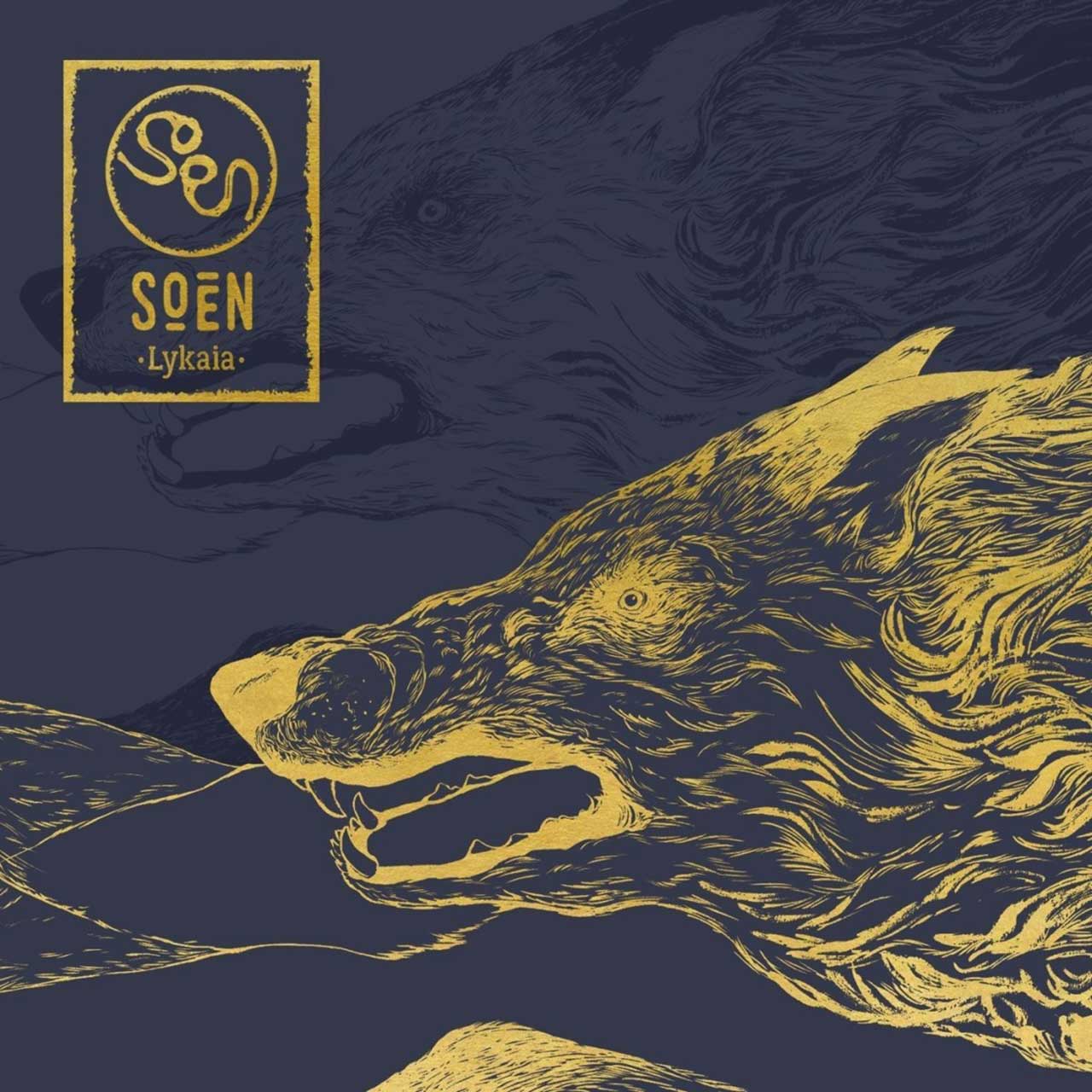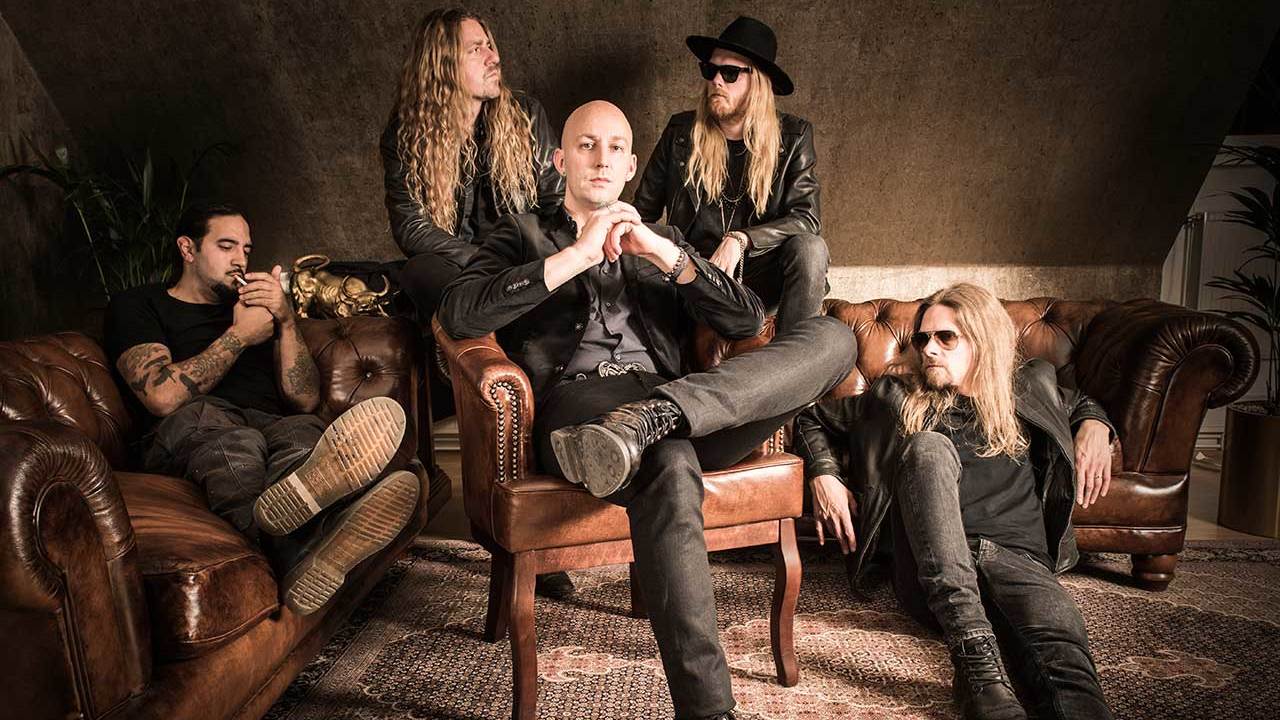Built by artists from various corners of the extreme metal spectrum, Soen’s progressive metal has taken a leap into even more expansive territory. New album Lykaia will be released on February 4, via UDR, but is streaming now exclusively on Metal Hammer.
According to Greek mythology, Lykaia was festival and ritual on the slopes of Mount Lykaion, which allegedly included hefty bouts of cannibalism, human sacrifice and even werewolves. Thankfully these things didn’t take place in the studio as Soen were recording, but they did take it back to the old school by recording the whole album analogue, creating massive, swooping soundscapes, that also sound more cohesive to the band’s previous output.
“The actual songs have been put above the individual parts in a perhaps more cohesive way, and we focus on music and expressing emotions,” says vocalist Joel Ekelöf. “We feel strong and confident as a band at the moment. This is the main thing we do and has been doing for several years now, and people seem to be aware that this is all but a temporary project.”
To dig deeper into the story behind Lykaia and where Soen see themselves now, we caught up with frontman Joel Ekelöf for a quick chat about mythology, darkness and wolves.
What drew you to the concept of Lykaia?
“This album is based on our personal experiences. We are closing a chapter with our earlier lives, so this album is very direct as opposed to our former albums that where more philosophical and conceptual.”
Is Greek mythology something you’ve long been interested in?
“Not particularly, but in many ways, it’s the origin of most of our folklore so it seemed like a natural place to start.”
You have previously described Sweden as “perhaps the most atheistic country in the world,” why do you think that is?
“I think that this comes from a strong tradition of wanting to be independent and in control of our life. Sweden also holds the most single households in Europe, the side effect from this might be a self-centred climate where people tend to ignore existential questions.”
You recorded Lykaia analogue in the studio, why did you choose this way?
“Mostly because it sounds better, but also because it forces all the members of the band to be on top of their game during the recording. With analogue equipment, the possibilities of post-editing are more limited and you get what you hear.”
Do you feel that using all the various digital techniques on offer can suck the life out of music?
“First, many prominent musicians stop using their talent and instead they become engineers that get stuck reading manuals and learning all sorts of plug-ins. Secondly, the digital polishing and perfection that you can perform is dangerous to the human expression. In popular music today it is almost impossible to distinguish different singers from each other because of all the post-editing. Unfortunately, I hear it a lot in metal as well.”
There’s still an air of darkness underpinning the record, what draws you to darker themes?
“The darkness is usually more complex and fascinating. I also think that we need to explore our own dark sides in order to be good, in the same way that you can be sad from too much positive thinking. A healthy dose of negative thinking would instead help people to acknowledge what they really feel inside.”

The image of a wolf has been used by countless civilisations as a symbol of power and danger, what does the wolf mean to you?
“The wolf is also avoiding human interaction at all costs whereas the dog just follows blindly. In times like these I think it is more important than ever try to seek consent. But also, to seek facts on your own and not just follow a leader.”
Soen’s third album Lykaia is out February 4, via UDR.
